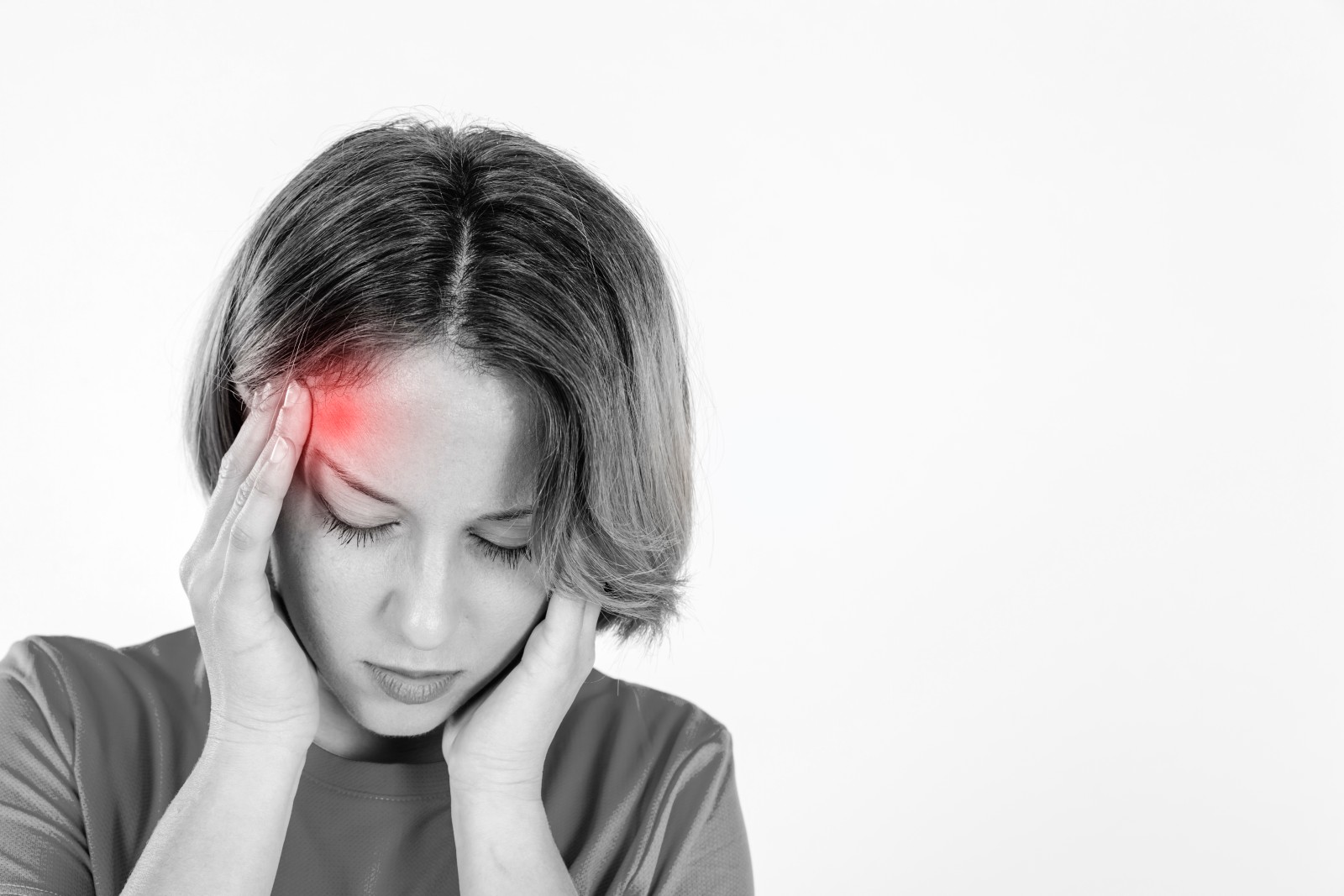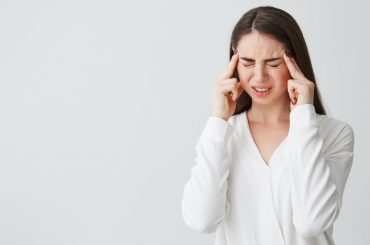Vertigo is a sensation rather than a condition. A primarily individual suffering from this condition experiences a feeling of dizziness as if the world around them is spinning. Vertigo can be triggered by different conditions that impact the inner ear, brain, sensory nerve pathway, etc. It can happen at any age but is more common in older adults.
The severity and occurrence of guide on vertigo vary from person to person. Vertigo attacks can develop suddenly and go away in a few seconds or linger for longer.
If the symptoms last for a longer time or occur frequently, it can severely impact your quality of life and make routine activities difficult.
In this article, we have covered the key aspects related to guide on vertigo, including the types, causes, symptoms, and treatments. If you have been experiencing this disturbing spinning, read on to know whether your symptoms are a sign of vertigo or not. And, if they are, this post will help you gain in-depth knowledge about the condition.
Types of Vertigo
Peripheral vertigo
Studies show that a majority of the vertigo cases are of peripheral vertigo. This type of vertigo is generally an outcome of problems in the inner ear.
The sensory path in the inner ear sends the signal to the brain to respond with gravity and keeps our balance when we stand up. Damage to this system results in diminished balance and coordination and leads to dizziness.
Central vertigo
As the name implies, central vertigo is associated with the problem of the central nervous system. In most cases, it stems from problems in the brainstem or cerebellum.
The possible causes can include but are not limited to vestibular migraine, demyelination, and tumors affecting a CNS region or multiple regions.
Causes Of Vertigo
BPPV –
BPPV, which stands for benign paroxysmal positional vertigo, is a major cause of vertigo. This disorder often occurs in the inner ear and causes the dislocation of tiny calcium particles from their location and their collection in the inner ear. This disrupts the signal path to the brain and negatively impacts your ability to balance yourself.
Meniere’s disease
This inner ear problem arises due to a buildup of fluid and a change of pressure in the ear region. It often causes episodes of dizziness accompanied by a ringing sound (tinnitus) and, in severe cases, ear loss.
Labyrinthitis
Labyrinth is a disorder caused by an infection in the inner ear, and its primary symptom is inflammation of the vestibulocochlear nerve.
Apart from the common symptoms like vertigo and loss of balance, a person suffering from Labyrinthitis may also experience symptoms like hearing loss, headaches, ear pain, changes in vision, etc.
In rare cases, guide on vertigo can be associated with the following conditions-
- Head or neck injury
- Problems concerning the brain, i.e., stroke or tumor.
- Side effects of medications that affect the ears.
Vertigo Symptoms
The main symptom of vertigo is a sensation that makes you feel like you and the world around you are revolving. It is often triggered by a change in the position of the head, especially when you stand up.
Other Symptoms that can be a sign of vertigo are
- Head spinning
- Swaying
- Impaired balance
- Tilting of head to one direction
- nausea
- Vomiting
- Abnormal eye movements are commonly known as nystagmus
- Headache
- Excessive sweating
Effective Treatments For Vertigo
Vestibular rehabilitation
Vestibular therapy is a common type of physical therapy modality that focuses on strengthening the vestibular system. Our vestibular system plays an essential role in sending signals to the brain related to movements and gravity.
During this treatment, a physical therapist will help you train your brain and central nervous system in a way that can compensate for vertigo. Studies have shown that this can work wonders in treating the symptoms of vertigo.
Herbal remedies
Some of the home remedies, such as turmeric, ginkgo Biloba, ginger root, Gongjin-dan, etc., are shown to provide relief for the symptoms.
There is not enough evidence to prove that these remedies can relieve the symptoms permanently. However, there are several trials conducted to confirm this. It is recommended to consult a medical professional before starting any home remedy, and they should also see a doctor if the symptoms worsen suddenly.
Medications are proven to be effective in subsiding the symptoms and preventing them from recurring. Most commonly, the medications are prescribed to relieve symptoms like nausea or motion sickness associated with vertigo.
Less commonly, medications are given to relieve symptoms like infection, inflammation. These medications include antibiotics or steroids that cure the infection.
Canalith repositioning maneuvers.
BPPV is a condition that leads to a buildup of calcium deposits in the inner ear canal. Some head and body movements will cause these deposits to move and trigger the symptoms of vertigo.
A doctor or physical therapist can help you carry out the movements without triggering vertigo. They will teach you how to overcome guide on vertigo safely and effectively.




